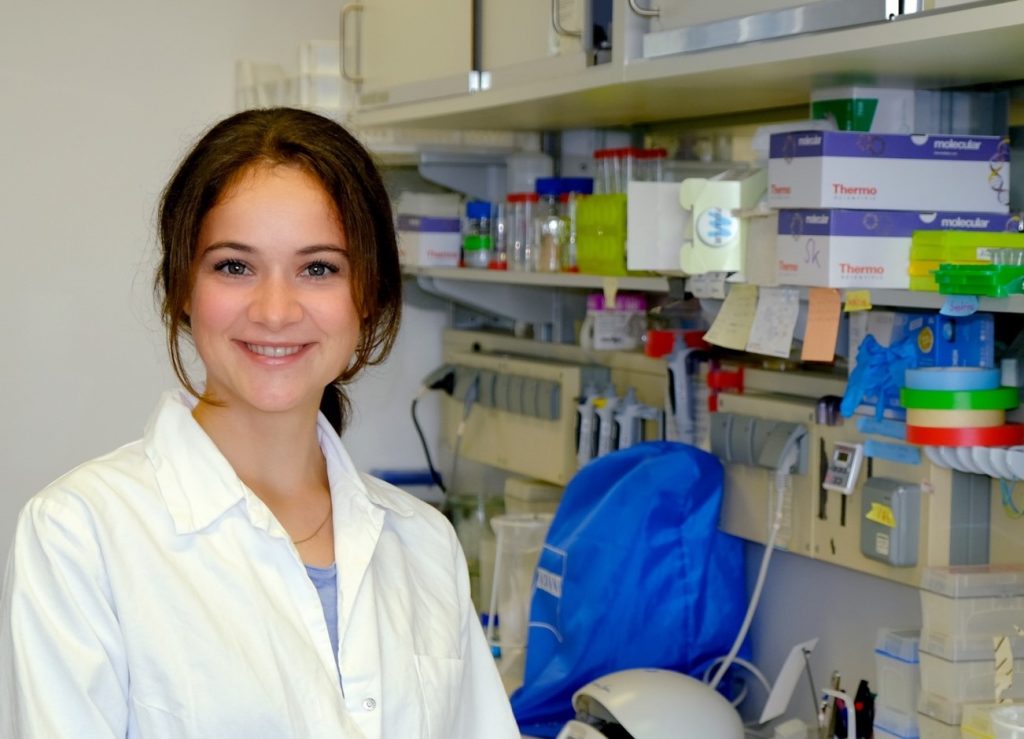Recognizing Plant Physiology author Sarah Mielke

 Sarah Mielke, co-first author of Functional characterization of proton antiport regulation in the thylakoid membrane
Sarah Mielke, co-first author of Functional characterization of proton antiport regulation in the thylakoid membrane
Current Position: Scientist, Max Planck Institute of Molecular Plant Physiology, Germany
Education: B.Sc. in Life Sciences and M.Sc. in Biochemistry and Molecular Biology at the University of Potsdam
Non-scientific Interests: Hiking, Traveling, Traditional Chinese medicine, Cooking
Brief bio:
During my Bachelor studies at the University of Potsdam, I got hooked on plant sciences. Plants are such fascinating organisms, because our survival depends on them and yet there is still so much that has not been researched in this field. To deepen my experimental skills in plant research, I joined the group of Professor Kerstin Kaufmann (Plant Development) for my bachelor thesis. In my thesis, I dissected the function of regulatory elements in the AGAMOUS gene of Arabidopsis thaliana (Arabidopsis) by CRISPR/Cas9 mediated gene editing. Throughout my Masters studies, I worked as a student helper in various laboratories to gain insights into the different fields of plant research and to broaden my methodological skills. I was part of the group of Professor Markus Grebe (Establishment of Plant Cell and Tissue Polarity), Professor Isabel Bäurle (Plant Stress and Epigenetics) and Professor Joerg Fettke (Biopolymer Analytics). In the latter group, I performed the experimental work for my master thesis with the topic “Interaction studies of Arabidopsis thaliana α-glucan phosphorylase”. At the beginning of 2020, towards the end of my master studies, I joined Dr. Ute Armbruster´s lab at the Max Planck Institute of Molecular Plant Physiology, which studies the regulation of photosynthesis on molecular level. I wanted to learn more about photosynthesis, as one essential process of life, and its regulation. Since then, I have been working on characterizing the regulation of the thylakoid K+ exchange antiporter 3 (KEA3) in Arabidopsis, which exports protons from the lumen and thus accelerates the dynamic response of photosynthesis. I find the complexity of plant regulatory mechanisms very impressive and look forward to continue contributing to its elucidation in future.



